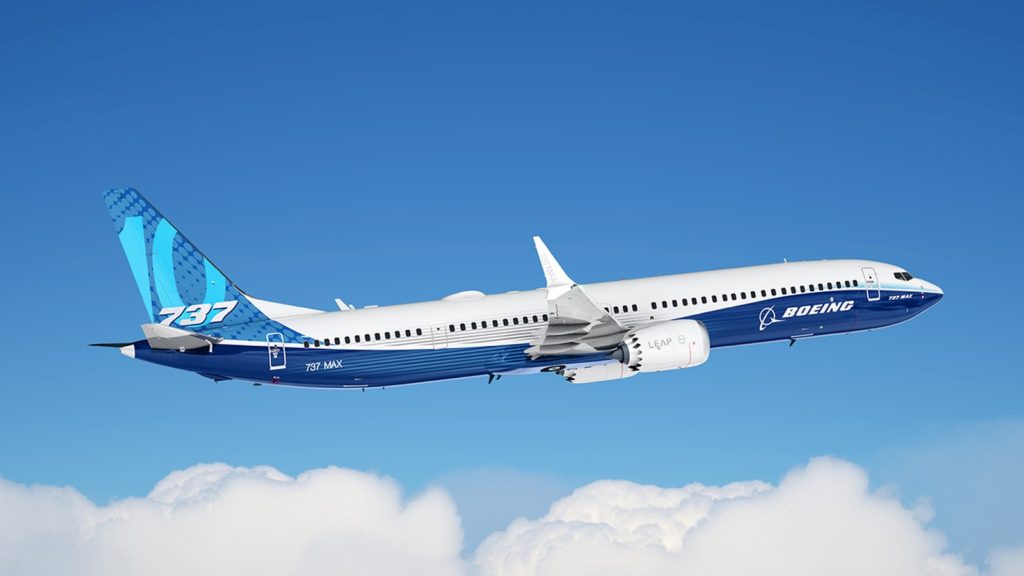With powerful hardware working together with an industry-leading camera system and intuitive AI experiences, everyday tasks have never been easier and faster
What plane are you flying on? Here’s how to find out

On Sunday morning, a passenger plane carrying 157 people crashed shortly after takeoff just outside the Ethiopian capital of Addis Abada. The Ethiopian Airlines plane was performing a scheduled flight to Nairobi, Kenya. All on board were killed.
Accident Bulletin no. 1
— Ethiopian Airlines (@flyethiopian) March 10, 2019
Issued on march 10, 2019 at 11:00am
Ethiopian Airlines will release further information as soon as it is available. Updated information will also be on Ethiopian Airlines website at https://t.co/Je7pXoKxHh pic.twitter.com/07wKZHPVPl
The cause of the incident is not yet clear, but people are drawing a straight line between this incident and another in October 2018. Lion Air Flight 610, carrying 189 people, crashed into the Java Sea just 12 minutes after takeoff. There were no survivors.
The common denominator? The Boeing 737 MAX 8.
The American aircraft maker’s latest narrowbody commercial aircraft has this week come under intense scrutiny, as Ethiopian Airlines grounded its remaining four planes. Chinese authorities joined in, forbidding local carriers from using the plane. Even Cayman Airlines, with a fleet size of just nine planes, has decided to ground its two 737 MAX 8 aircraft.
Accident Bulletin no. 5 Issued on March 11, 2019 at 07:08 AM Local Time pic.twitter.com/rwxa51Fgij
— Ethiopian Airlines (@flyethiopian) March 11, 2019
While investigators have not yet established and confirmed that it is a fault with the type that caused both crashes, people should nevertheless be aware of the aircraft they board.
How to find out which aircraft you’re flying on
Do you want to check what airplane your airline is using for your flight? Here are several ways of checking…
1. Search the flight number
(E.g. AB123)
You can search for your flight number on FlightRadar24. While you can also use FlightAware and FlightStats, we generally favour this site as information is presented in a logical way.
Check your flight number in the search box. When the flight history page launches, be aware of the “Aircraft” column. A code will be given corresponding to the model of the plane. It will read something akin to “788” or “763”. “B38M” is the Boeing 737 MAX 8.
2. Search the tail number
(E.g. AB-CDE)
Secondly, you can also search the plane’s tail number, more formally known as the registration number. You can usually find these XX-XXX format codes near the rear underbelly of planes, or on the landing equipment doors.
Search this code, and you’ll find information such as the age of the plane’s airframe or the previous flights it’s been on. It’s also a good way of tracking your plane in the air before it arrives at your airport.
3. Search the flight route and airline
(E.g. Airline Airlines, Airport A to Airport B)
You can generally understand what planes are used if you search for an airline’s route between two cities. Often, the same type of aircraft are used between any two given cities. FlightRadar24, again, is useful in this regard.
4. Search the airlines’ fleet
You can educate yourself on the fleet sizes of airlines, and the aircraft they use, by simply visiting Airfleets.
Type in the name of an airline, and the site provides a list of the planes it currently operates. Additionally, the site also provides average fleet age, the age for each plane itself, and photographs of each registered plane.
Feature image: Boeing


